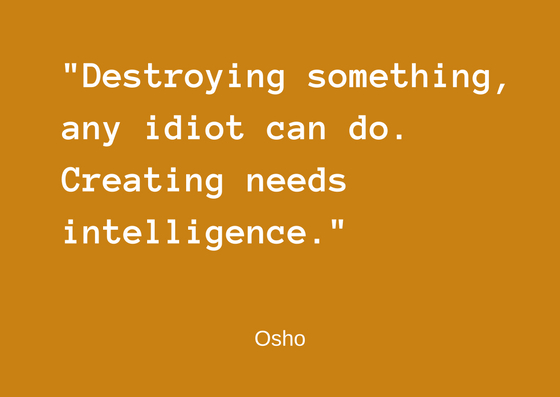I was reading about John Nash and ending up on a quest to read more about computational hardness. Computational hardness struck a chord with me about the series I’m writing, Incomplete States.
In computational complexity theory, a computational hardness assumption is the hypothesis that a particular problem cannot be solved efficiently (where efficiently typically means “in polynomial time”). It is not known how to prove (unconditional) hardness for essentially any useful problem. Instead, computer scientists rely on reductions to formally relate the hardness of a new or complicated problem to a computational hardness assumption about a problem that is better-understood.
h/t to Wikipedia.org
The basic foundation about the Incomplete States series involves the arrows of time and character interaction through the framework known and accepted as reality. As I played with the concept behind the series, experienced epiphanies, and evolved my understanding of the concept I wrote about on a fictional stage, I struggled with the ending. I didn’t want me (or readers) to finish the series and say, “Well, that was a waste of time.” I eventually conceived of an ending that matched the story-telling, an ending that I could accept as a writer, and would probably be accepted by most readers. By that, I mean there’s a satisfactory completeness, if not a conclusion and closure in the traditional sense.
Sounds like science fiction. You could call it that. You can also call it speculative fiction.

See, at my core, even though I’m an organic writer, I seek order and structure to what I’m writing and doing, something that defines the path(s) that I’m following and establishes goals. That helped me put my ass in a seat in front of a computer, type, revise, and edit day after day for the past two years. Computational hardness assumptions and falsifiability helped me understand that what I was doing as I was writing the interacting, nested, and overarching stories of the six main characters in the four novels in Incomplete States was processing reductions, creating and transferring problems to other problems.
In essence, the problems presented couldn’t be solved, but creating and transferring the problems to other problems helped elaborate on the problem for the me (the writer), the characters, and the reader. Doing this enabled me to eliminate solutions for the three of us, and drive and narrow focus. Through the characters and stories, I would go through best, worst, and average case resolutions for them for a given path being followed.

The beta draft is almost finished. With it done, I’ll have a much fuller understanding of what I set out to do. When I read the million words of output, I’ll see where I deviated or failed. Then I’ll be able to further shape, refine, and reduce the story that the series tells.
It’s been a challenging series to write. It feels like the series has absorbed much of my life energy. As I draw close to completing the beta draft, I’m eager to be done, and sad that this part is almost finished.
This part is the imagining. This part is where I plunged into the deepest oceans of creativity, diving down until I ideas and stories crushed me. Then I surfaced, sucked in a deep breath, and plunged in again.
This part was so much fun.

As I wrote, I created a document called “Epiphany”. It’s a compass to help me sort thoughts and establish consistently on a macro level. I developed thirteen epiphanies as I wrote the series.
The epiphany that grew as the greatest one to keep in mind was, “The key to consistency is consistent inconsistency.” Frankly, it scares me. I get anxious thinking about those words. It seems like an oxymoron, yet, once established, I was surprised how well it works. I imagine readers writing it and clearly understanding what and why is going on. It doesn’t just spring up; I like my readers to think for themselves.

My coffee is at hand and my ass is in the chair. Time to write like crazy, at least one more time.





